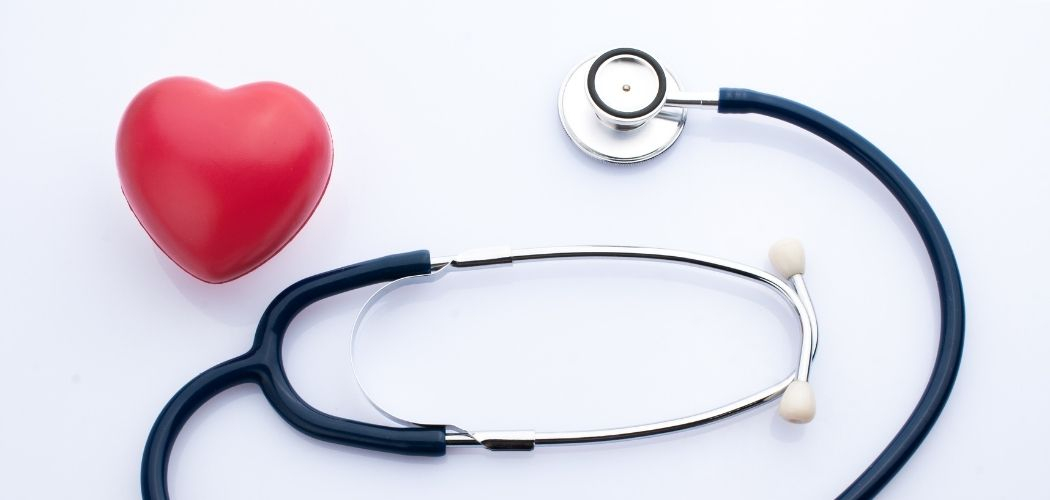Which is the Best Preventive Health Checkup for Senior Citizens?
As the old adage goes, 'Prevention is better than cure' and it applies more specifically for the elderly because you never know what could go wrong. As people get older, it becomes more important to monitor not only their physical health but also their functional capacity, cognitive health, and emotional health. With regular full body checkup for senior citizens, one can identify and manage risk factors for diseases that may develop as people age.
-Hemogram
The cells that make up the blood are counted in a hemogram, often known as a complete blood count (CBC) blood test for health checkup. Red blood cells, white blood cells, and platelets are all included. It's frequently done to rule out anemia, explain symptoms like weakness and fatigue, monitor a blood disorder, or see how the body reacts to drugs like chemotherapy. The test only takes a few minutes, and you can eat and drink as usual during or after it.
- Lipid Profile
The elderly are more likely to have high blood cholesterol as a result of diabetes, high blood pressure, or heart disease. A lipid profile test is used to determine the current state of blood cholesterol levels. Urinary Test
The urine routine test is used to look for kidney disease or urinary tract infections in the urine. If you experience symptoms such as burning sensation, bloody or murky urine, chills, fever, itching, back discomfort, or a metallic taste in your mouth, you should consider getting a urinary test done. The test does not necessitate any extra preparation and will be over in a few quick minutes.
- ECG
The electrocardiogram (ECG) test detects cardiac abnormalities by measuring the electrical activity produced by the heart. If a person smokes, is overweight, has high blood pressure or diabetes, chest pain, irregular heartbeats, dyspnea, dizziness, or a family history of heart disease, a doctor may recommend an ECG senior citizen test. The electrocardiogram (ECG) is a risk-free test and will give your medical practitioner a better picture of your heart’s health.
- Chest X-Ray
A chest X-ray is a radiology test that creates a picture of the chest and internal organs. It is a crucial test and your doctor should recommend it to you as part of a healthy routine checkup. The most common uses of an X-ray chest are to detect abnormalities in the lungs, heart, aorta, and thoracic bones. It aids in detecting illnesses and diseases in the elderly, such as bronchitis, cysts, tumors, pneumonia, heart failure, malignancies, asthma, and fractures, all of which grow more common as people age.
- B12 (cobalamin)
In the elderly, a healthy level of vitamin B12 indicates appropriate nutrition. It is responsible for the production of red blood cells and the appropriate functioning of nerve cells in the body. The ability to absorb this vitamin decreases with age, and a deficiency can result in major health issues such as anemia, neuropathy, and cognitive impairment.
Neuropathy, weariness, cognitive issues, and walking difficulties are the most typical signs of Vitamin B12 deficiency. To monitor and maintain adequate Vitamin B12 levels, it's critical to get the best full body checkup.
Conclusion
Make a note to speak with your doctors if you're unsure if a preventive test is right for you. You may be able to promote healthier aging by making sure you've had routine checkups that are suggested for individuals your age or in your health situation.



 Login/Sign Up
Login/Sign Up





